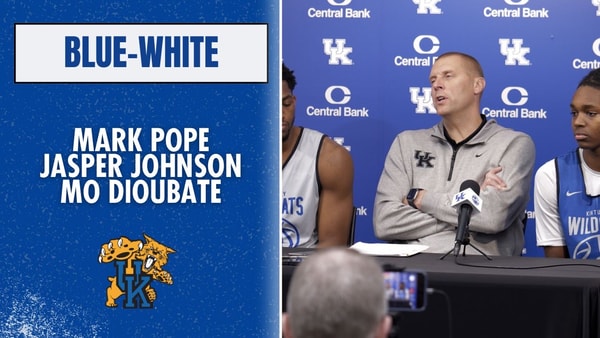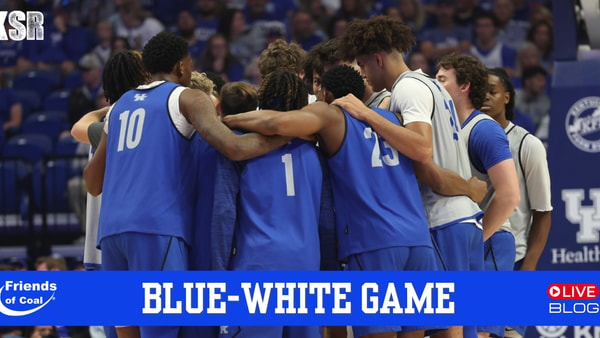Why is THE SHAWSHANK REDEMPTION the Most Popular Movie Ever?


The Shawshank Redemption is the greatest movie of all time.
I would never expect you to take my word for it, of course. Nor would I expect to make such a statement without a whole host of other films being offered up as alternatives. But see, I’m not really the one making such a definitive declaration; I’m just reporting the conclusion of the people.
OK, conclusion might be too strong a word. Our definitions for these things are always changing, and what’s revered today might be reviled tomorrow (or 78 years from now), but one thing is beyond doubt: people freaking LOVE The Shawshank Redemption.
With an average rating of 9.2 out of 10, Shawshank currently sits atop the Internet Movie Database rankings of the top 250 movies of all-time. Perhaps this seems unremarkable to you. Perhaps you, like me, have literally never met a person who didn’t like Shawshank. Perhaps it’s one of your favorite movies, and it seems totally reasonable that a vast majority of the viewing public would agree with your assessment.
But Shawshank’s enduring legacy is anything but the foregone conclusion that it seems like in 2017.
Let’s start with that IMDB ranking.
IMDB is film nerd heaven. People who frequent this site are the kinds of people (hi there) who rate every movie they see, get into long arguments about which Philip Seymour Hoffman performance is actually the greatest, and write essays about 23 year-old movies for fun (ahem). On the surface, this seems like the exact sort of environment in which a dark prison drama that underperformed at the box office would thrive. Maybe so. But take a look at the other movies in the IMDB top 20, and you notice that not much else looks like Shawshank.
Most of the other movies near the top are (A) cinematic masterpieces lauded for decades by critics and “serious” viewers or (B) sci-fi and fantasy movies that appeal to the kinds of die-hard fanboys who tend to have an outsized influence on discussions about movies on the internet.
The only exceptions are Fight Club and Forrest Gump, one of which benefits from young dude internet demographics, while the other benefits from an apparent case of collective hypnosis on the part of audiences. (That’s right, Forrest Gump is not a good movie, and that it won KSR’s best movie poll reflects poorly on all involved.)
Anyway, Shawshank has somehow unseated film snob favorites like Citizen Kane, Seven Samurai, and 12 Angry Men AND nerd-bait like The Matrix, Star Wars, and the Lord of the Rings trilogy (I like all of these movies, by the way, so I’m taking shots at anybody).
The only conclusion I can draw in light of Shawshank’s seemingly bizarre inclusion among other very specific kinds of movies atop the IMDB list is that it’s so universally appealing that it’s free from the rules that would usually govern these types of open polls.
That would be sound reasoning, except that it makes no sense, given what The Shawshank Redemption is actually about. Think about it: it’s an incredibly dark drama, set in a prison, that sees its characters commit suicide, get beaten and raped, get killed, suffer psychotic breaks, and endure the slow loss of their dignity at the hands of their cruel overseers.
Morgan Freeman, whose reign as the King of All Voiceovers began with Shawshank, has often noted that the film’s subject matter is likely to blame for its weak box-office showing in 1994.
It makes perfect sense. An entire generation’s worth of movies about the wars in Iraq and Afghanistan failed at the box office precisely because people simply didn’t want to think about their subject matter. What doesn’t make any sense is how a movie filled with so much depressing narrative could still be popular enough that TNT showed it every Sunday afternoon for about a decade.
That is the conundrum at the center of The Shawshank Redemption’s seemingly endless appeal. It seems like it should be too dark for mainstream audiences, but it seems too down-the-middle to appeal to cinephiles. And yet, here we are, staring at a movie that has one foot firmly planted in the hearts of casual and die-hard film fans alike.
The following few paragraphs are my attempt at explaining how Shawshank came to occupy the exact center of the Venn Diagram comparing the snootiness of “cinema” and the broad appeal of “the movies.”
I’ll start with the dark stuff. Yes, Shawshank’s plot is rife with depressing events. The whole thing is predicated on an innocent man’s conviction for murder, after all. But, importantly, the movie largely obeys the cinematic equivalent of Newton’s First Law of Motion. For every soul-bludgeoning action, there is an equal and opposite, er… redemptive one. The bad guys do terrible, no good, awful things, and are then repaid, often in perfect and delicious ways, for their evils. Viewers, it turns out, can endure quite a lot when there’s a pleasing, well-earned payoff to whatever misery they’ve been subjected to earlier in a movie. This kind of balance suggests that, yes, the world is (to borrow a phrase) dark and full of terrors, but (and this is crucial), on a long enough timeline, justice is served.
Nearly the whole of organized religion is built upon this very premise, which is a probably-not-unrelated thing to make note of when discussing the massive popularity of a story like Shawshank’s. And so when the warden rips down that Raquel Welch poster, when Andy emerges from that tunnel into the rain, when Red sees his friend on the beach, we feel the same emotional pull that gets us through real-life suffering. Shawshank tells us that, no matter how bad things get, there’s at least a chance that they’ll get better. But even if we know that life’s low points won’t always be balanced by the kinds of highs that fill the movie’s final third, we want to believe it. And often, that’s enough.
Yes, The Shawshank Redemption is well acted and beautifully shot and sharply written, but so are lots of movies. Yes, it won some awards, but other movies won more and have been far more widely touted by the critical establishment. What has placed Shawshank at the top of the wider population’s cinematic esteem is that it reflects to us both the way the world actually is AND the way we wish that it worked. We know life can be hard and dark and brutal. We want life to be meaningful, for that harshness and darkness and brutality to have significance.
In the world of The Shawshank Redemption, it does, and I think that’s made all the difference.
Well, me and a few hundred thousand other people on the internet, which, at this moment in history, is about as much of a consensus as we're likely to get.








Discuss This Article
Comments have moved.
Join the conversation and talk about this article and all things Kentucky Sports in the new KSR Message Board.
KSBoard